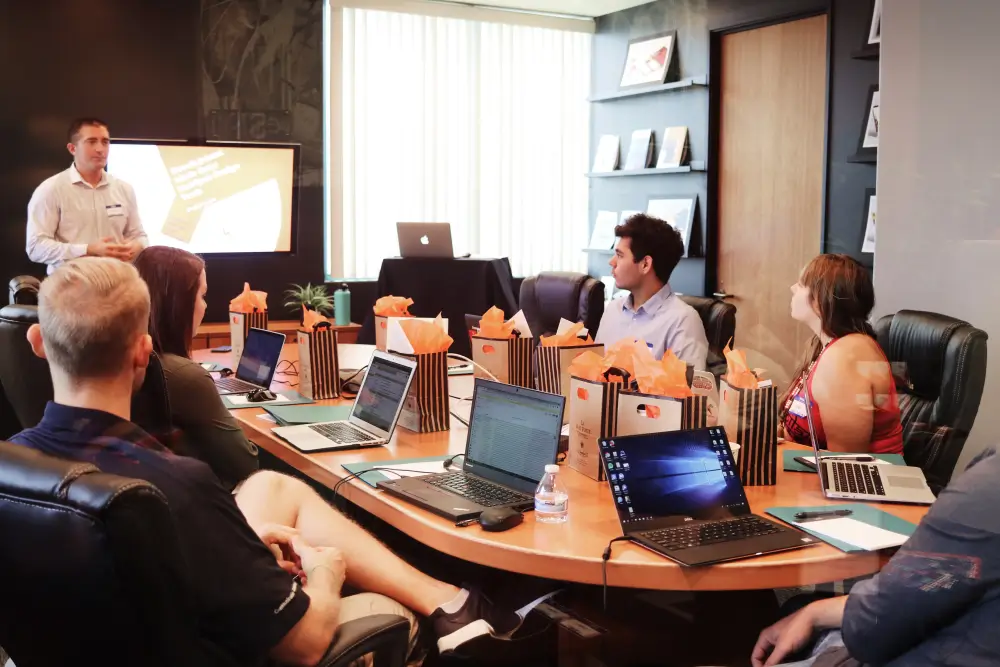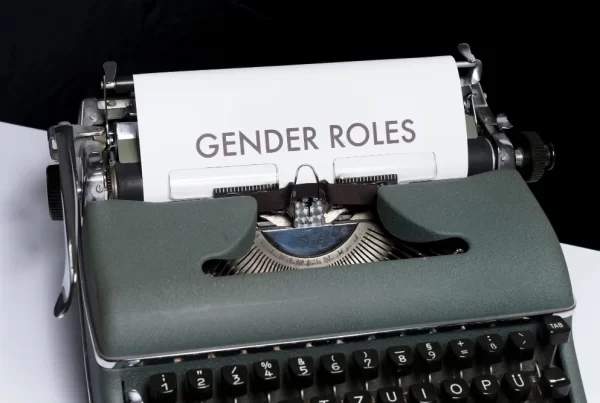INTRODUCTION:
In the fast-evolving landscape of the digital era, Human Resources (HR) is undergoing a profound transformation. The traditional role of HR is expanding as technology continues to reshape the way we work, connect, and collaborate. From artificial intelligence to remote work dynamics, several trends are shaping the future of HR. In this blog post, we’ll explore the top trends that are influencing the HR landscape and the strategies organizations are adopting to stay ahead.
REMOTE WORK REVOLUTION:
The COVID-19 pandemic has accelerated the adoption of remote work, and it’s now a permanent fixture for many organizations. HR professionals are tasked with managing virtual teams, ensuring employee engagement, and implementing policies that support the well-being of remote workers. The focus is shifting from physical office spaces to creating a digital work environment that fosters collaboration and productivity.
ARTIFICIAL INTELLIGENCE (AI) AND AUTOMATION:
AI and automation are revolutionizing HR processes. From candidate sourcing to employee onboarding and performance management, AI is streamlining tasks, reducing bias, and providing data-driven insights. HR professionals are leveraging AI tools to make better-informed decisions, enhance employee experiences, and optimize workforce planning.
EMPLOYEE EXPERIENCE (EX) AS A PRIORITY:
Creating a positive employee experience is no longer just a buzzword but a strategic imperative. Organizations are investing in technologies that enhance the overall employee journey, from recruitment to retirement. HR is focusing on personalization, feedback mechanisms, and continuous learning opportunities to ensure employees feel valued and engaged throughout their tenure.
DATA-DRIVEN DECISION-MAKING:
The abundance of data in the digital age allows HR to make informed decisions. Analytics tools are being employed to assess workforce trends, identify skill gaps, and predict employee turnover. By leveraging data, HR professionals can develop targeted strategies to attract, retain, and develop talent.
UPSKILLING AND RESKILLING INITIATIVES:
The rapid pace of technological advancements requires a workforce with adaptable skills. HR is playing a crucial role in identifying skill gaps and implementing upskilling and reskilling programs. Continuous learning and development opportunities are becoming integral to retaining top talent and ensuring that employees remain competitive in a rapidly changing job market.
DIVERSITY, EQUITY, AND INCLUSION (DEI) PROGRAMS:
Organizations are recognizing the importance of diversity, equity, and inclusion not just as ethical imperatives but as business imperatives. HR is taking a proactive approach to foster diverse workplaces, address unconscious biases, and create inclusive cultures. DEI initiatives are now central to talent acquisition, employee development, and overall organizational success.
WELL-BEING AND MENTAL HEALTH INITIATIVES:
Employee well-being has moved to the forefront of HR priorities. The digital era, with its constant connectivity, can lead to burnout and increased stress. HR professionals are implementing mental health programs, flexible work arrangements, and wellness initiatives to support employees’ holistic well-being.
CONCLUSION:
The digital era is reshaping the future of HR, and staying abreast of these trends is crucial for organizations aiming to remain competitive and adaptive. From embracing remote work to harnessing the power of AI and fostering a culture of diversity and inclusion, HR is evolving to meet the demands of the modern workforce. By understanding and leveraging these trends, organizations can build agile and resilient HR strategies that propel them into the future.
Ranjeeta Pimpale
info@hiretechhrconsultancy.com
www.HireTechConsultancy.com





